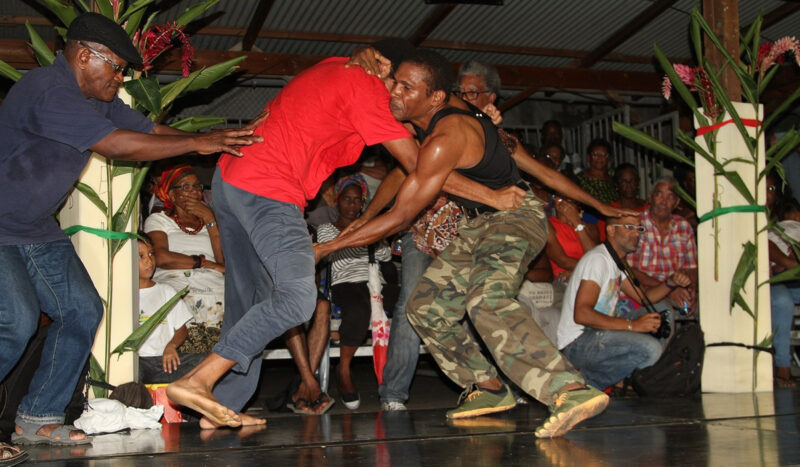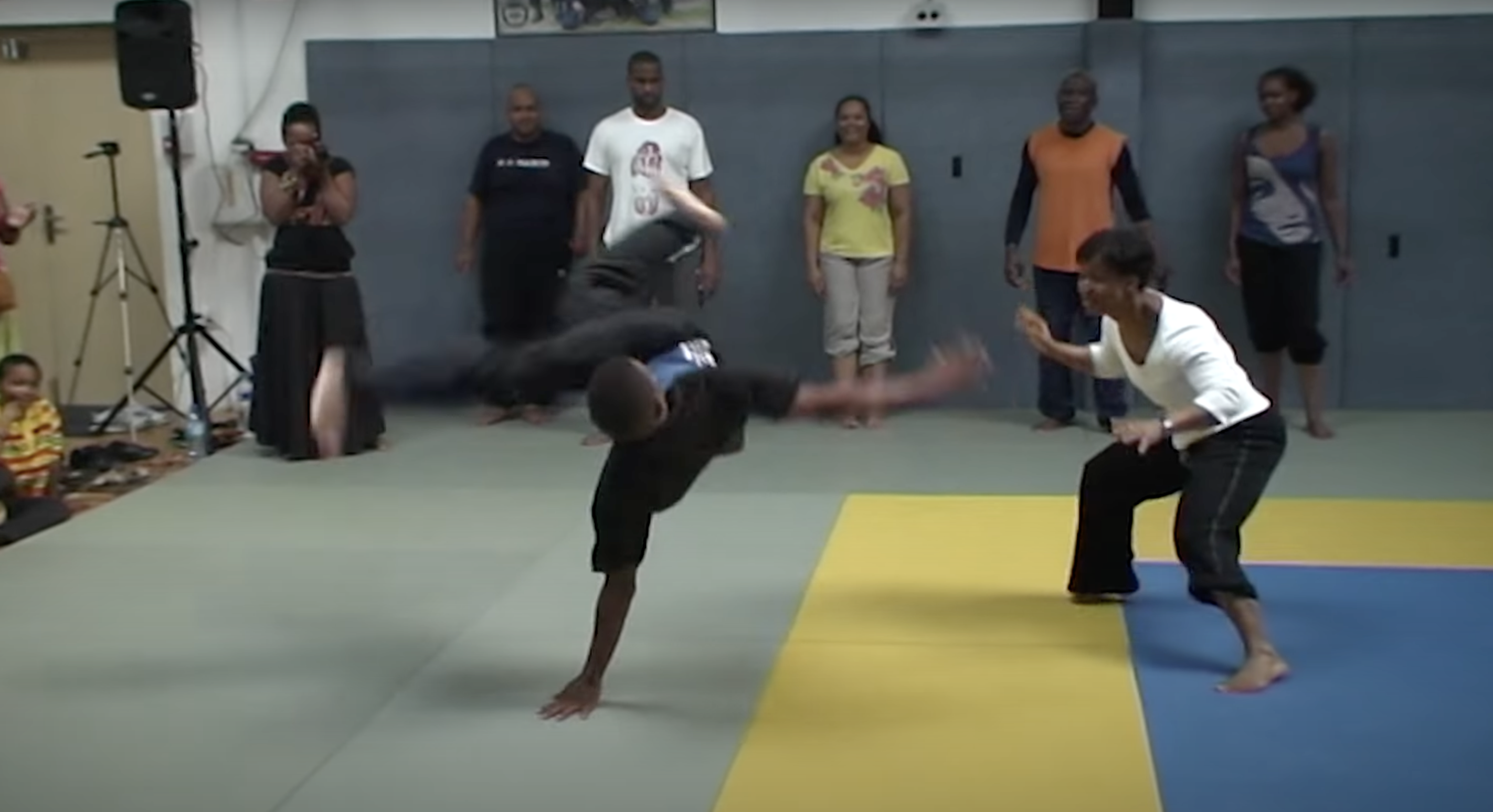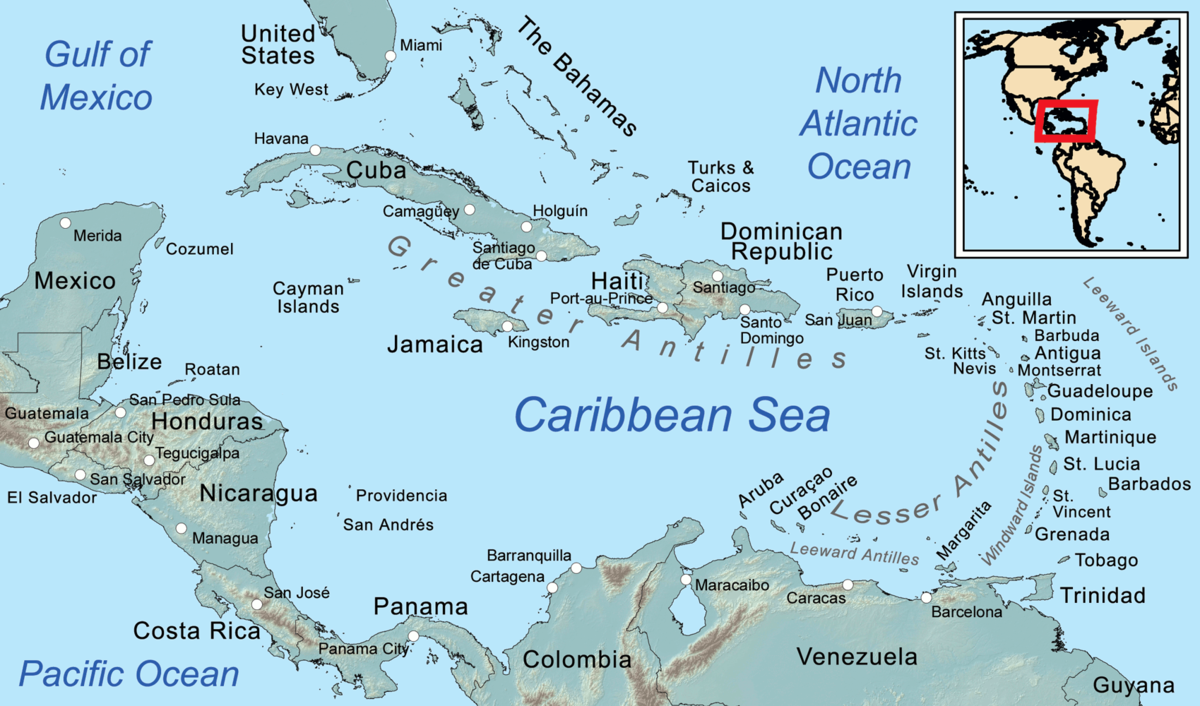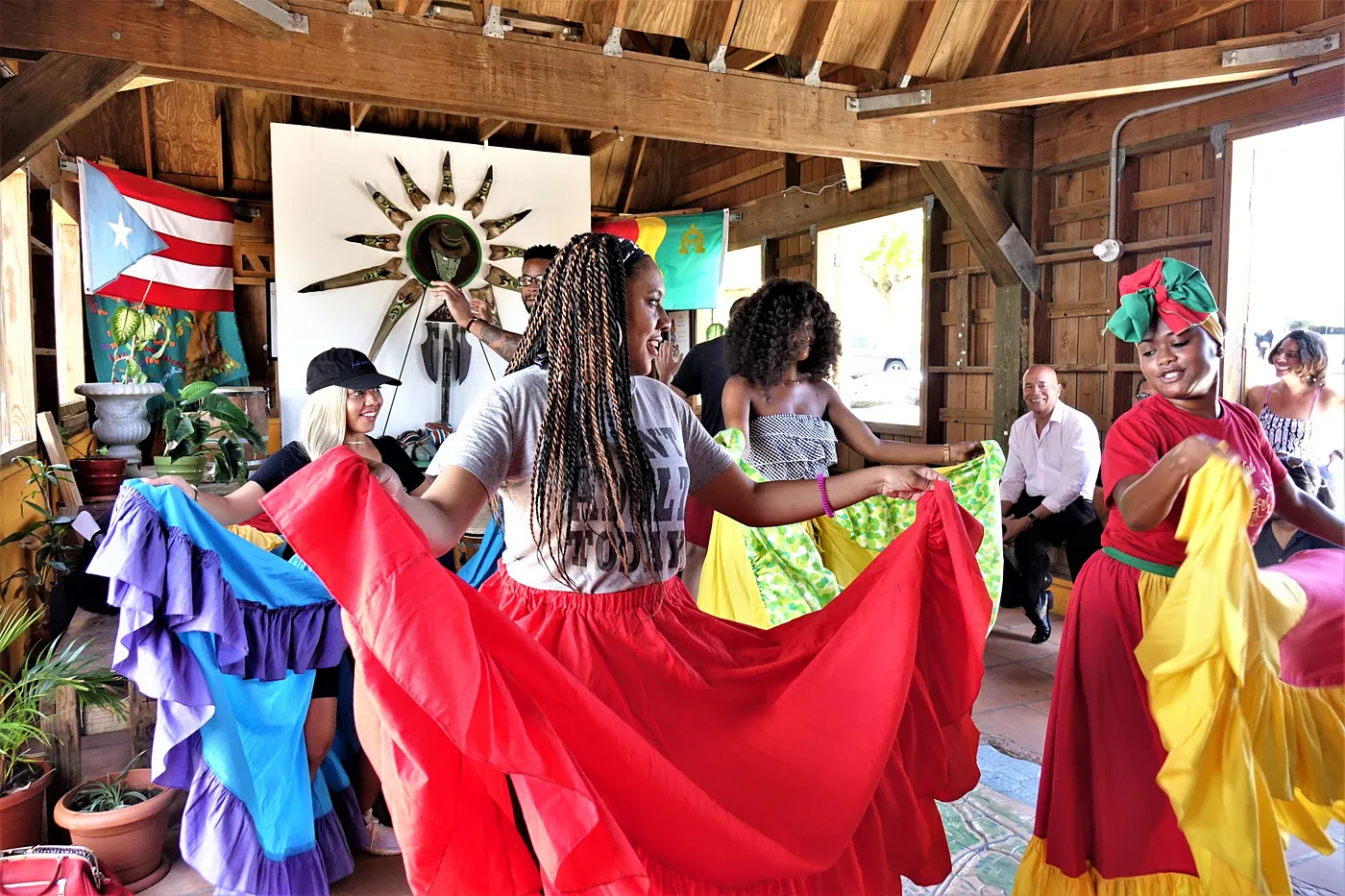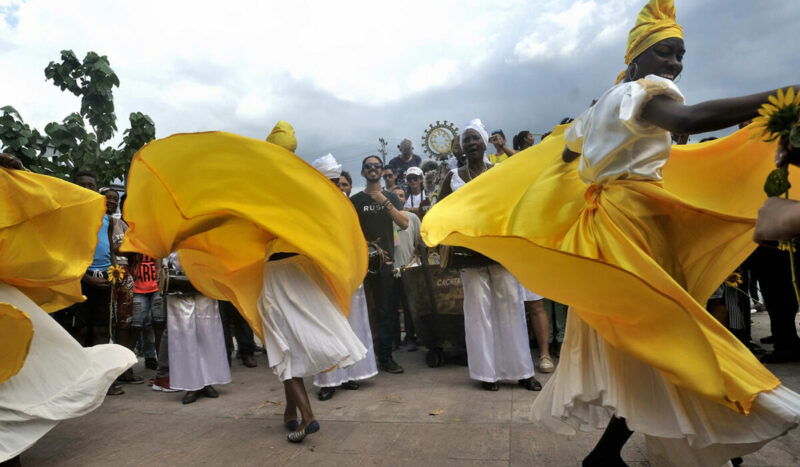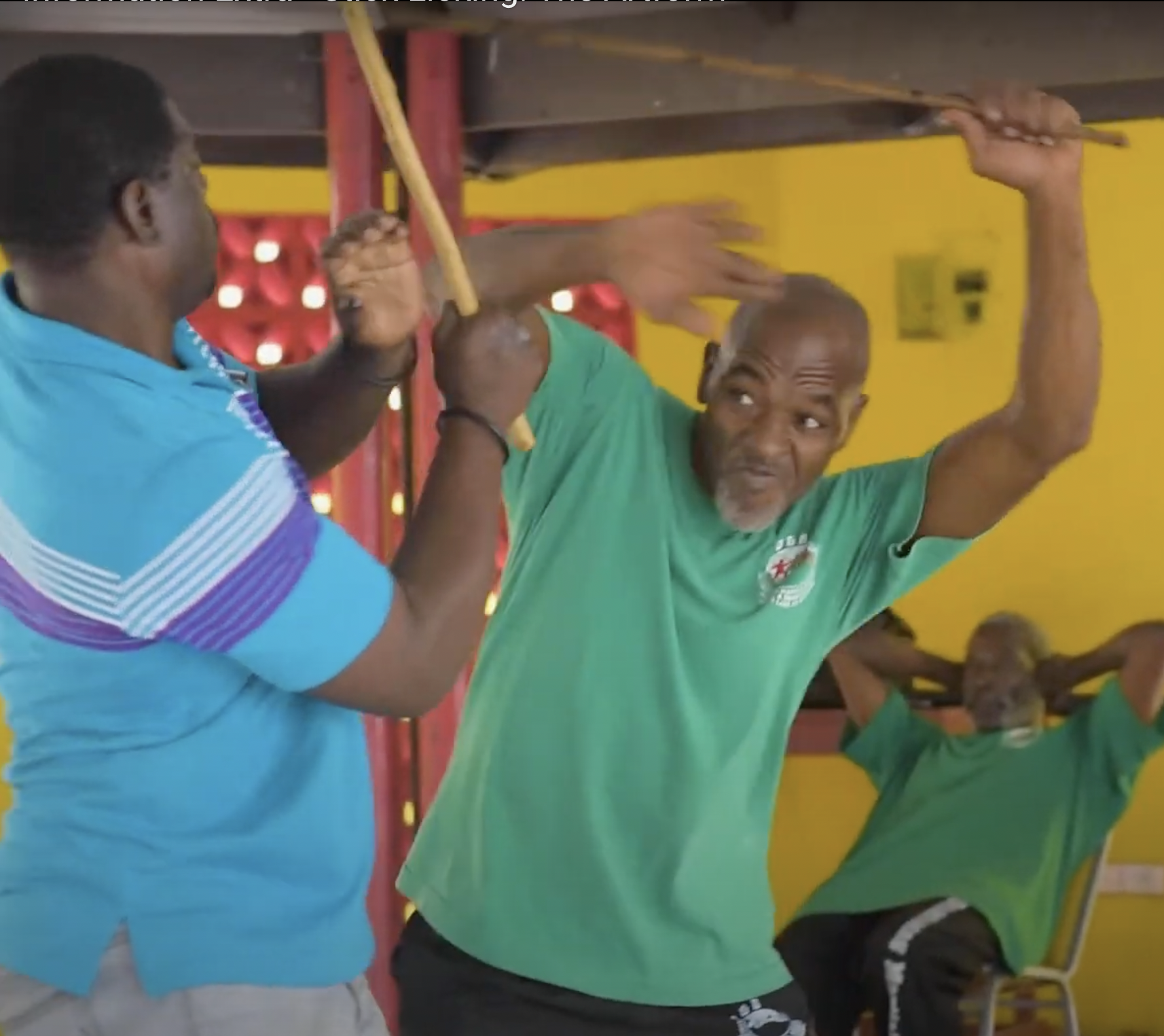
African Deep Thought: Following the ways of our ancestors
This group is for the exploration of classical and traditional African deep thought (what some refer to... View more
Group Feed
-
Heru posted an update in the group
 African Deep Thought: Following the ways of our ancestors a year ago
African Deep Thought: Following the ways of our ancestors a year agoa year ago (edited)
“Danmyé is a traditional martial art with roots in Africa that manifested itself in Martinique in the times of slavery and flourished in one form or another until the 1960s when, faced with social, religious and administrative interdictions, it nearly vanished from the face of the island—surviving only as an element of folklore. …At a…
-
Heru posted an update in the group
 African Deep Thought: Following the ways of our ancestors a year ago ·
African Deep Thought: Following the ways of our ancestors a year ago · Fate of West African Languages
As a general rule, West African languages imported during the period of enslavement did not survive whole in Caribbean countries. Among the Maroon communities in Western Jamaica and the Saramacca groups in Suriname there have been claims for the survival of what is referred to as Kramanti or Koromantie. There is…
-
I grew up hearing and speaking Kromanti because my grandfather taught my father to speak it who subsequently taught me. Unfortunately I forgot a lot since not living in Jamaica but I understand fluently. At least my St Thomas dialect of Kromanti in the East of Jamaica.
 1
1- View 1 reply
-
-
Heru posted an update in the group
 African Deep Thought: Following the ways of our ancestors a year ago
African Deep Thought: Following the ways of our ancestors a year ago“The aftermath of the Haitian revolution also gave rise to black cabildos throughout Cuba and Puerto Rico. Cabildos were homogeneous African ethnic groups that, like Spanish guilds or associations, operated as mutual aid societies or lodges. Thinking that increased factionalism among enslaved Africans would reduce the danger faced by outnumbered…
-
Heru posted an update in the group
 African Deep Thought: Following the ways of our ancestors a year ago
African Deep Thought: Following the ways of our ancestors a year ago“The primary martial expression of the island, a form of stick fighting known as stick-licking, was associated with Crop Over. In colonial times, Crop Over was a festival at the end of the sugar harvest. Traditional Crop Over went into decline during the early twentieth century, but during the 1970s it was revived as a tourist holiday.
The…
-
Heru posted an update in the group
 African Deep Thought: Following the ways of our ancestors a year ago
African Deep Thought: Following the ways of our ancestors a year ago“With respect to weapons, the Capoeirista of old used knives, sticks, machetes, razor blades, and even the berimbau which (in times of necessity) became even more potent when a special spear like attachment was affixed to its tip with a ring. Each capoeirista was said to carry two knives-one made of wood the other steel.”
-Edward Powe,… - Load More


